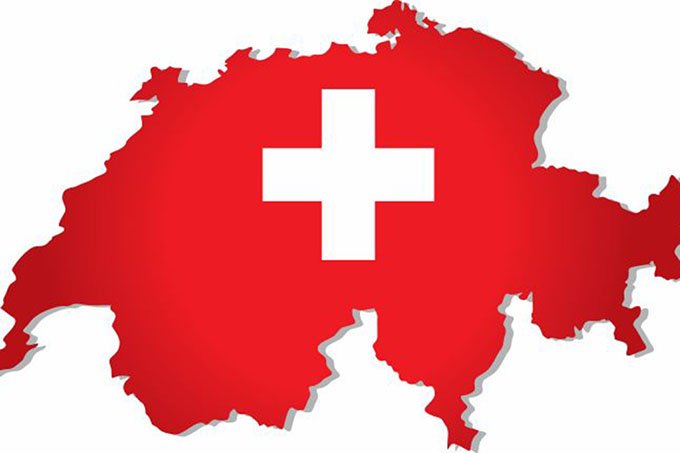 The Swiss National Bank's foreign exchange market intervention rose to $118.27 billion last year as an attempt to restrain the Swiss franc's appreciation, which reached its highest level since 2012.
The Swiss National Bank's foreign exchange market intervention rose to $118.27 billion last year as an attempt to restrain the Swiss franc's appreciation, which reached its highest level since 2012.
An SNB spokesman also announced that the bank has more room to expand its balance sheet, and that despite having reduced its interventions and the current size of the balance sheet, this shouldn't stop the bank from intervening if necessary.
“The SNB has sufficient scope for expanding its balance sheet further, should this be necessary for monetary policy reasons,” the spokesman said. “Foreign exchange market interventions and the associated expansion of the balance sheet are currently a necessary monetary policy instrument and have nothing to do with currency manipulation.”
The size of the balance sheet could have an unexpected outcome, especially if inflation comes back and the bank has to increase interest rates.
"Increasing interest rates would be harder to transmit to the market because of the amount of liquidity in the system,” explained an economist at WPuls.
The Swiss franc has been weakening since the beginning of the year. So far this month, it has dropped by 2.19%, after falling by 1.98% in the previous month.
The SNB is set to announce its monetary policy decision on Thursday as well as publish its projections for the economy. The interest rate currently stands at -0.75%, one of the lowest in the world. Analysts expect the bank to keep the cash rate unchanged.
The Swiss economy, which like the rest of the world has been heavily affected by the spread of the COVID-19 virus, has been recovering. According to data released by the government, the economy contracted by 2.9% last year, the worst performance in 40 years but still better than expected, as the State Secretariat for Economic Affairs predicted a 3.3% drop.
Compared to other countries in Europe, Switzerland did exceptionally well, mostly due to the massive aid package the government decided to implement to counter the economic downturn. The government spent about 15 billion Swiss francs in economic support and is expected to spend 21 billion more this year.
The government recently announced that it is postponing the relaxation of restrictions imposed to stop the spread of the virus, which so far has infected 580,609, with 10,213 deaths. The main reason behind this decision is the recent increase in the number of coronavirus cases and the slow pace of vaccinations.
By 11:44 GMT, the Swiss franc rose by 0.41% against the US dollar to the 1.0806 level.

